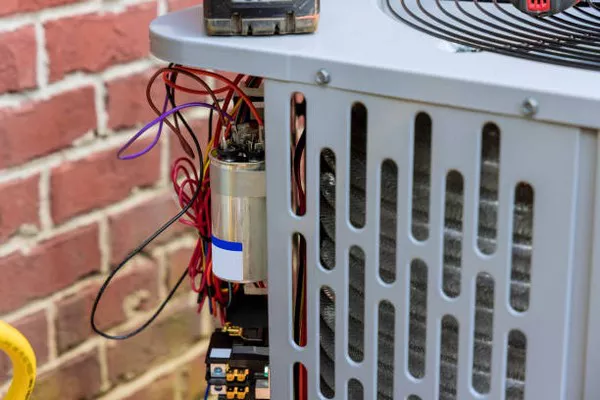Generators are indispensable tools that provide a reliable source of power during outages or in areas without access to the electrical grid. While these machines are designed to withstand various environmental conditions, one common concern among users is whether generators can safely operate in the rain. In this article, we will explore the factors influencing generator performance in wet conditions and provide insights into the precautions users should take.
Water and Generators:
Generators, both portable and standby, are equipped with internal components that are susceptible to damage from moisture. Water and electricity are a dangerous combination, and exposing a generator to rain can potentially lead to malfunctions, electrical shorts, and, in extreme cases, irreversible damage.
Enclosures and IP Ratings:
To address the challenge of protecting generators from the elements, manufacturers often encase generators in weather-resistant enclosures. These enclosures, made of materials such as steel, aluminum, or composite plastics, shield the generator’s internal components from rain and other environmental factors.
Additionally, generators are assigned Ingress Protection (IP) ratings that indicate the level of protection they offer against solids and liquids. The first digit in the IP rating represents protection against solids, while the second digit signifies protection against liquids. For example, a generator with an IP rating of IP44 is partially protected against solids and water splashes.
It is crucial for users to be aware of the IP rating of their generators and choose models that align with the environmental conditions they may encounter. Generators with higher IP ratings are more likely to withstand exposure to rain without compromising their functionality.
Proper Generator Placement:
Despite weather-resistant enclosures and IP ratings, proper generator placement plays a pivotal role in ensuring safe operation during rainy conditions. Generators should be set up on elevated surfaces to prevent water pooling around the unit. Placing the generator on a concrete pad or a raised platform helps minimize the risk of water seeping into sensitive components.
Furthermore, users should consider installing a canopy or shelter to provide additional protection from rain. This not only shields the generator but also ensures the safety of individuals in the vicinity by preventing accidental contact with wet surfaces.
Maintenance and Inspection:
Regular maintenance and thorough inspection are essential practices for preserving the longevity and efficiency of generators. Before operating a generator in wet conditions, users should conduct a comprehensive inspection to identify any signs of wear, corrosion, or damage.
Attention should be given to seals, gaskets, and other components that act as barriers against moisture. Damaged seals or gaskets should be promptly replaced to prevent water infiltration.
In addition, users should inspect the electrical connections, outlets, and wiring for any exposed or compromised areas. Moisture can easily penetrate through damaged insulation, leading to electrical issues. Applying a water-resistant sealant to electrical connections can add an extra layer of protection.
Ventilation Considerations:
Generators require proper ventilation to dissipate heat generated during operation. While protection from rain is crucial, it is equally important not to obstruct the generator’s ventilation openings. Blocking these openings can lead to overheating, reduced efficiency, and potential damage to internal components.
Users should be mindful of the generator’s design and ensure that any additional protective measures, such as canopies or shelters, do not impede the natural airflow required for cooling.
See Also: How Is A Generac Generator Powered?A Deep Dive
Emergency Shutdown Procedures:
In the event that a generator encounters issues during rainy conditions, it is imperative to have emergency shutdown procedures in place. Users should be familiar with the generator’s shutdown mechanism and follow the manufacturer’s guidelines for safely turning off the unit.
Emergency shutdown procedures are essential not only for protecting the generator from further damage but also for ensuring the safety of individuals in the vicinity. Immediate action can prevent electrical hazards and mitigate the risk of accidents caused by malfunctioning equipment.
Conclusion:
While generators are designed to provide reliable power in diverse conditions, operating them in the rain requires careful consideration and adherence to safety measures. Weather-resistant enclosures, proper placement, regular maintenance, and emergency shutdown procedures collectively contribute to the safe use of generators during wet conditions.
Users should prioritize generators with appropriate IP ratings, conduct routine inspections, and take proactive steps to protect their units fromthe potentially detrimental effects of rain. By following these guidelines, individuals can maximize the performance and longevity of their generators, ensuring a continuous and reliable power supply even in challenging weather conditions.

